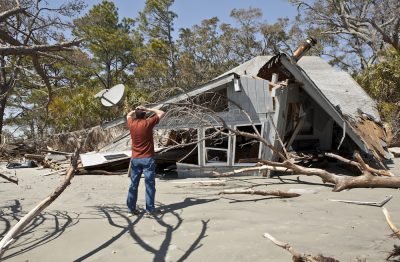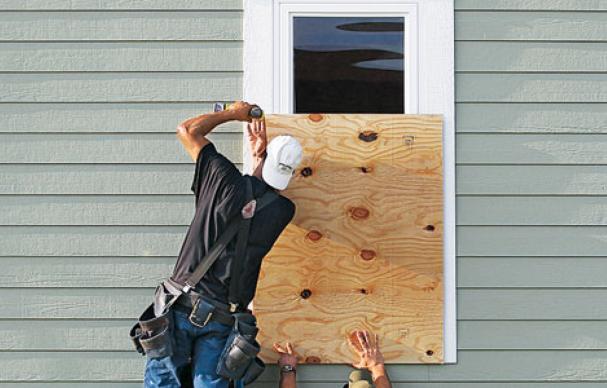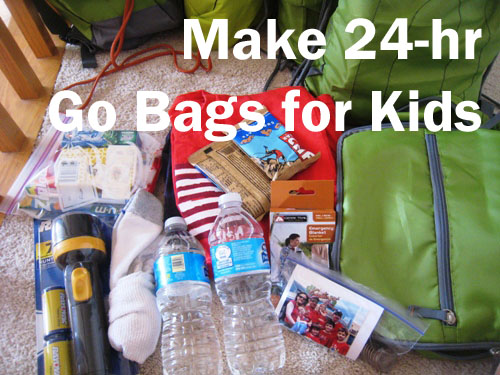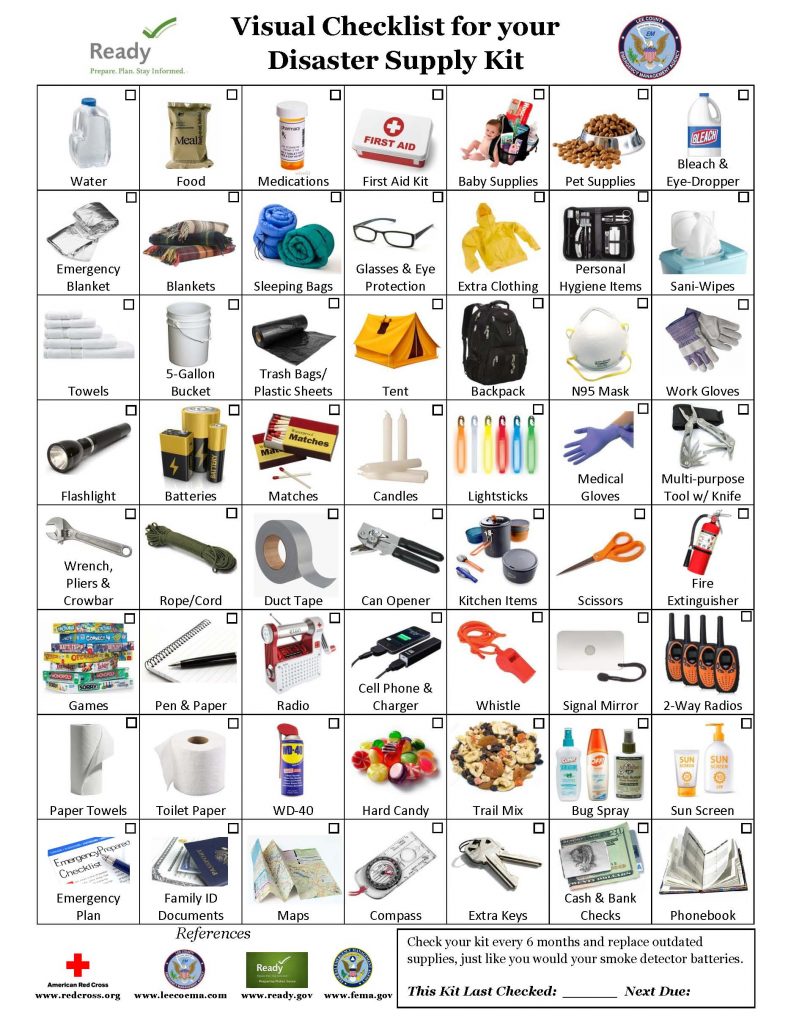Hurricane Preparation Tips
Hurricane Preparation Tips
Post Date:
06-14-2022
By BreAnn Stephenson


Though hurricanes often come with some warning, preparing your properties and tenants well in advance is of the utmost importance. Natural disasters don’t wait on humans to be ready to respond. Being ready can help lessen the stress of an emergency situation. Heeding the tips below could save you thousands of dollars or may even save a life.
Hurricane Season
The Atlantic hurricane season runs from June 1 to November 30, with the peak occurring between mid-August and late October. The Eastern Pacific hurricane season begins May 15 and ends November 30. While these are the common seasons for cyclones, storms can occur at any time of the year, even as early as April, for example.
Prepare your property:

- Be sure trees and shrubs are well-trimmed so they are more wind resistant.
- Secure loose gutters and downspouts and clear any clogged areas or debris to prevent water damage.
- Retrofit to secure and reinforce the roof, windows and doors. Garage doors should also be braced.
- Move indoors any exterior furniture, yard ornaments or play equipment that could act as a dangerous projectile.
- Cover all windows. Permanent storm shutters offer the best protection. A second option is to board up windows with 5/8” marine plywood, cut to fit and ready to install. Tape does not prevent windows from breaking.
- If you have staged a property with valuable items, such as rugs or art, move them away from windows and to upper floors if possible.
- Be sure the battery backup for your sump pump is working to prevent drain backups.
- Purchase a portable generator for use during power outages. Remember to keep generators and other alternate power/heat sources outside, at least 20 feet away from windows and doors and protected from moisture; and NEVER try to power the house wiring by plugging a generator into a wall outlet.
- Consider building a FEMA safe room or ICC 500 storm shelter designed for protection from high-winds and in locations above flooding levels.
Advice for your tenants:

- Tenants should be advised to stay in the home if they are not in an area advised to evacuate. They will need adequate supplies (including water for several days) in case they lose power or are unable to leave due to flooding or blocked roads.
- If officials say it’s ok to “shelter in place,” advise tenants to close and lock all windows and doors, shutting any storm shutters.
- If you or your tenants have evacuated the area, STAY PUT. Do NOT go back to the affected area until local authorities advise it is safe to return.
- Stay informed by listening to or watching local broadcasts or by using the FEMA Mobile App.
- Hurricane Safety Tips from FEMA: https://www.ready.gov/hurricanes
6 General Disaster Preparedness from Ready.gov

- Review your insurance policy and require tenants to carry renter’s insurance to protect their belongings. Named Storm (Tropical Storms/Hurricanes) coverage and Flood coverage are both purchased separately, so check with your agent to make sure you are covered appropriately for your area.
- Consider providing basic supplies for an emergency preparedness kit in your welcome packet, including a flashlight, batteries, and first aid supplies. Tenants will also need medications and copies of critical information if/when they need to evacuate.
- Share resources to help tenants make an emergency plan including an evacuation plan and a communication plan. Connect tenants with local emergency management agency contact information with tenants.
- Make a plan for contacting tenants in the event of an emergency. Be sure they know how to best contact you or your property manager during an emergency too.
- During the event, stay tuned to your phone alerts, TV, or radio, for weather updates, emergency instructions or evacuation orders. In any emergency, always follow the instructions given by local emergency management officials. Advise your tenants to do the same.
- Many communities have text or email alerting systems for emergency notifications. To find out what alerts are available in your area, search the Internet with your town, city, or county name and the word “alerts.” NOAA Weather Radio, commercial radio and television newscasts are several other reliable methods for obtaining the latest information.

